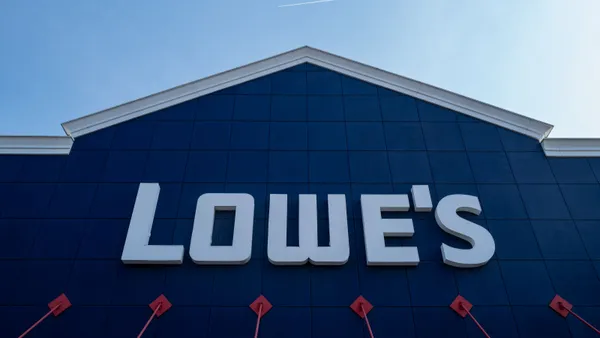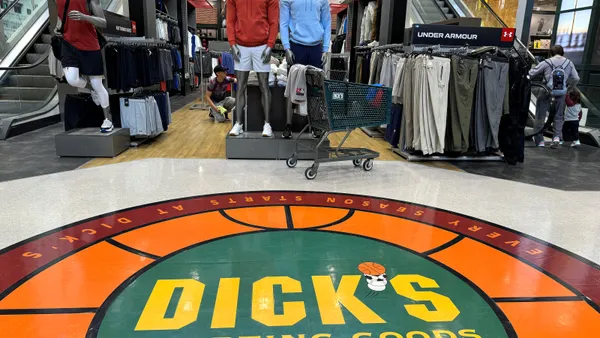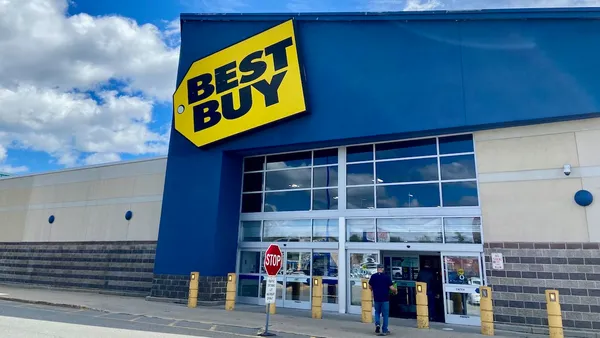Dive Brief:
- There is a disappointing lack of diversity within the supply chain field, according to a new study by founder and CEO of Supply Chain Insights Lora Cecere, Supply Chain Quarterly reported.
- While gender inequality is one aspect of supply chain management's imbalance, the lack of minorities stands out even more prominently, especially at colleges and universities where recruitment should be active and aggressive.
- Cecere argues that the recruiting arm of supply chain management teams must extend its reach toward underserved populations and promote inclusiveness through appealing career offerings.
Dive Insight:
While diversity initiatives still lag, some institutions are looking to disrupt the model with strategic partnerships.
The Kent State University supplier diversity program, run by Veronica Cook-Euell, is an initiative to recruit minority-owned businesses to supply the university. The program encourages minority business owners in the construction industry to join a nine week workshop learning to learn how to bid on construction projects, one of the first of its kind in the state. Co-sponsor Turner Construction, which ran a similar program at a nearby community college, partnered with KSU in order to strengthen these businesses in areas such as sales, marketing, bidding, scheduling, site logistics, insurance, and quality control.
In a sense, the university is creating its own diversity suppliers. In Ohio, the state requires that at least 15% of any state-financed project be awarded to a minority business enterprise (MBE). With the training acquired during the nine weeks of education, MBEs learn not only how to make themselves eligible as suppliers, but in particular how to either join or supply the construction industry.
Furthermore, the classes also function as networking opportunities for smaller companies looking to grow. Participants can learn from each other, join forces, or simply make friends in a business-incubator-like atmosphere not readily available elsewhere. By providing this kind of platform via the partnership, KSU and Turner are actively solving the diversity issue, a step beyond raising awareness.














